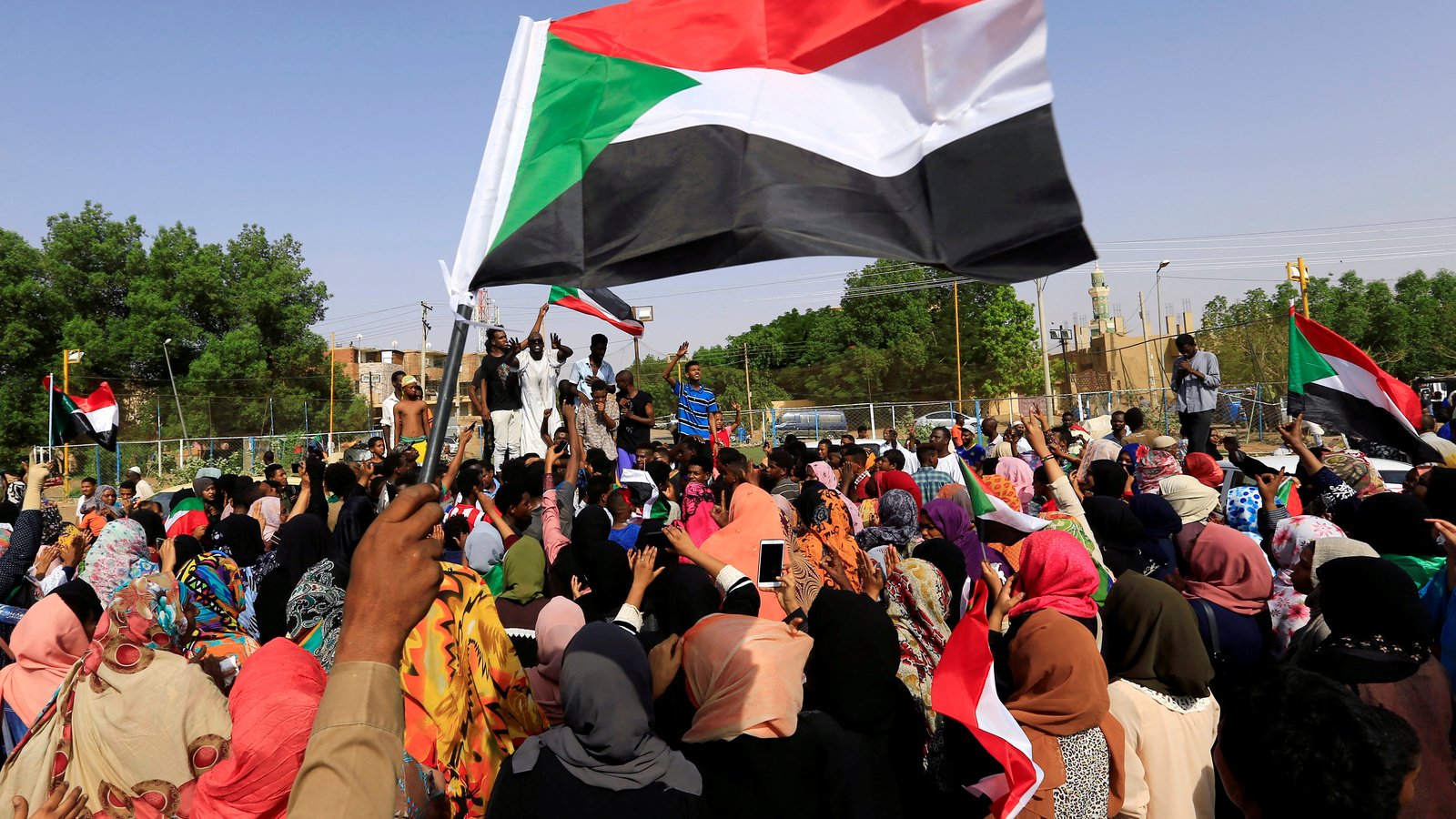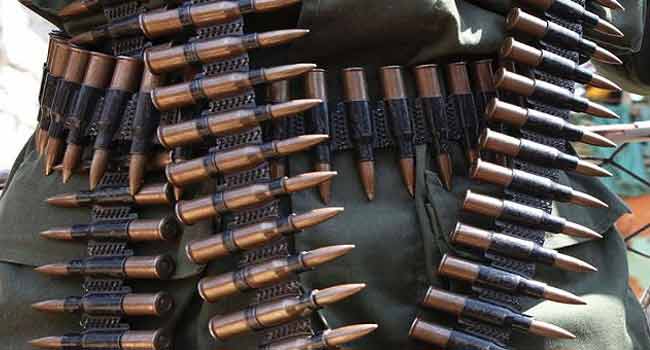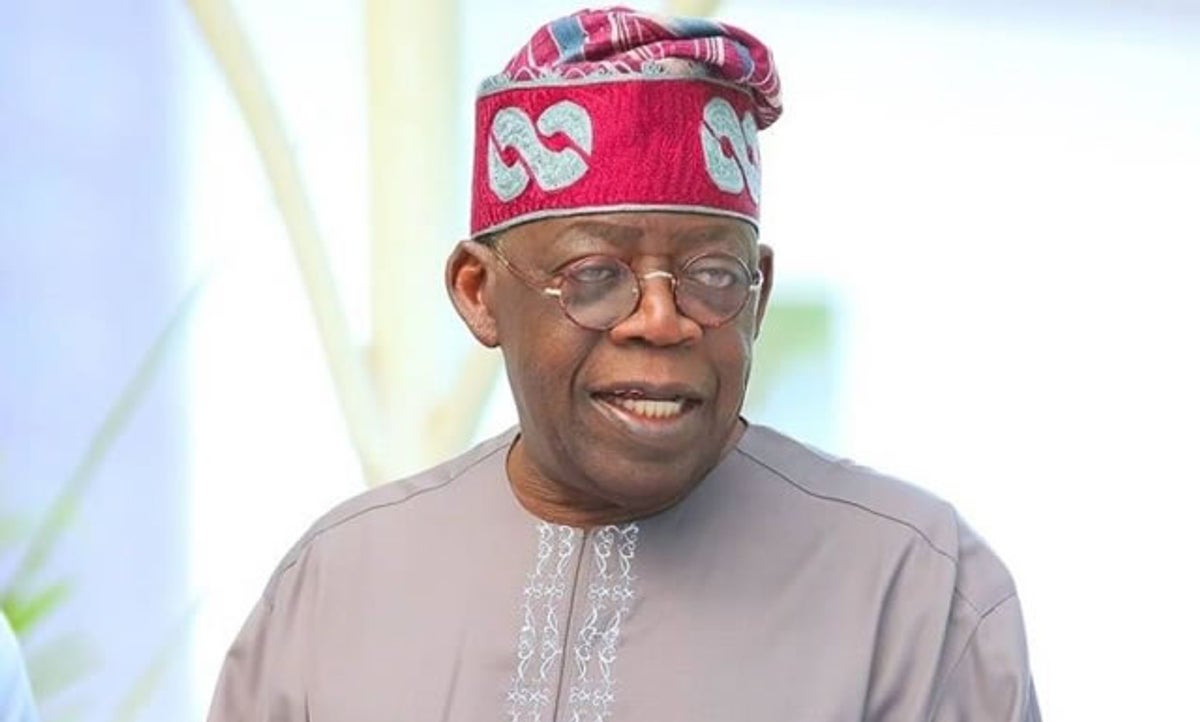Khartoum announced Tuesday that it had “failed” a coup attempt involving military officials
Civilians linked to the regime of autocrat Omar al-Bashir, ousted from power two years ago by a popular revolt. “A failed coup attempt, led by a group of armed forces officers and civilians from the former regime (…) was contained at dawn,” Information Minister Hamza Baloul told state television.
“Eleven officers and several soldiers who participated in the failed plot were arrested, the army reported, and Mr. Baloul assured that the situation was now “under control”, while the state media broadcast patriotic songs on a loop.
The coup attempt is not the first to target the transitional government formed after the April 2019 ouster of Omar al-Bashir, who was overthrown after 30 years of undivided rule.
Sudan has seen several coups in the 20th century, the most recent of which — a military coup with Islamist support — brought Bashir to power in 1989. Bashir has been imprisoned in Khartoum since his removal from office and is currently on trial for his participation in the coup. He is also being tried by the International Criminal Court for “genocide” and crimes against humanity during the conflict in Darfur (west).
Demonstrations
Officials said that the perpetrators of the “plot” had tried to take control of the state media building, “all positions that had been seized by the coup plotters” have been “taken back”, according to the army.
If in the center of Khartoum the traffic remained fluid, including around the headquarters of the army where the demonstrators organized the main sit-ins that led to the fall of Mr. Bashir, demonstrators protested in several cities against the attempted coup.
In Port Sudan (east), under Sudanese flags, dozens of them shouted “No to the military power!” and “No to the coup!”, a witness named Mohammed Hassan told AFP. In Gedaref, also in the east, Amal Hussein, another witness, reported student demonstrations to protest against the coup attempt.
However, security forces blocked the main bridge linking Khartoum to its twin city of Omdurman across the Nile.
The perpetrators of the plot “prepared well” their plan, Prime Minister Abdallah Hamdok said in a televised speech. He mentioned “the deterioration of security (…) the blocking of roads, the closing of ports and the continuous incitement against the civilian government”, while protesters have been blocking the infrastructure of Port Sudan, the country’s economic hub, since Friday to denounce a recent peace agreement with rebels.
The Troika (United States, Great Britain and Norway), which is in charge of the Sudanese file, condemned the coup attempt, while the UN mission in Sudan said it refused “any call to replace the transitional power with a military power”.
“A real transition”
On Tuesday, the powerful paramilitary leader and member of the Sovereignty Council, Mohamed Hamdan Daglo, a former member of the Bashir regime nicknamed “Hemedti”, declared in a speech to his fighters: “We will not allow a coup”.
“We want a real democratic transition with free and fair elections,” he added, according to the official Suna agency.
In place for more than two years, the civilian-military cabinet, born of an agreement with the movements that led the popular mobilization against Mr. Bashir, was supposed to take Sudan to a fully civilian power in three years.
But his mandate was extended when a historic peace agreement was signed in October 2020 with a coalition of rebel groups, giving him until 2023 to complete his mission.
The coup attempt (…) clearly underlines the importance of introducing reforms in the army and the security apparatus,” the Prime Minister said on Tuesday.
The Hamdok government also wants to put an end to the economic crisis, undertaking a series of difficult reforms in order to benefit from a debt relief program of the International Monetary Fund (IMF).
These measures, which include cutting subsidies and introducing a controlled floating of the local currency, have been seen as too harsh by many Sudanese. Sporadic demonstrations have recently taken place against these reforms and the rising cost of living.



